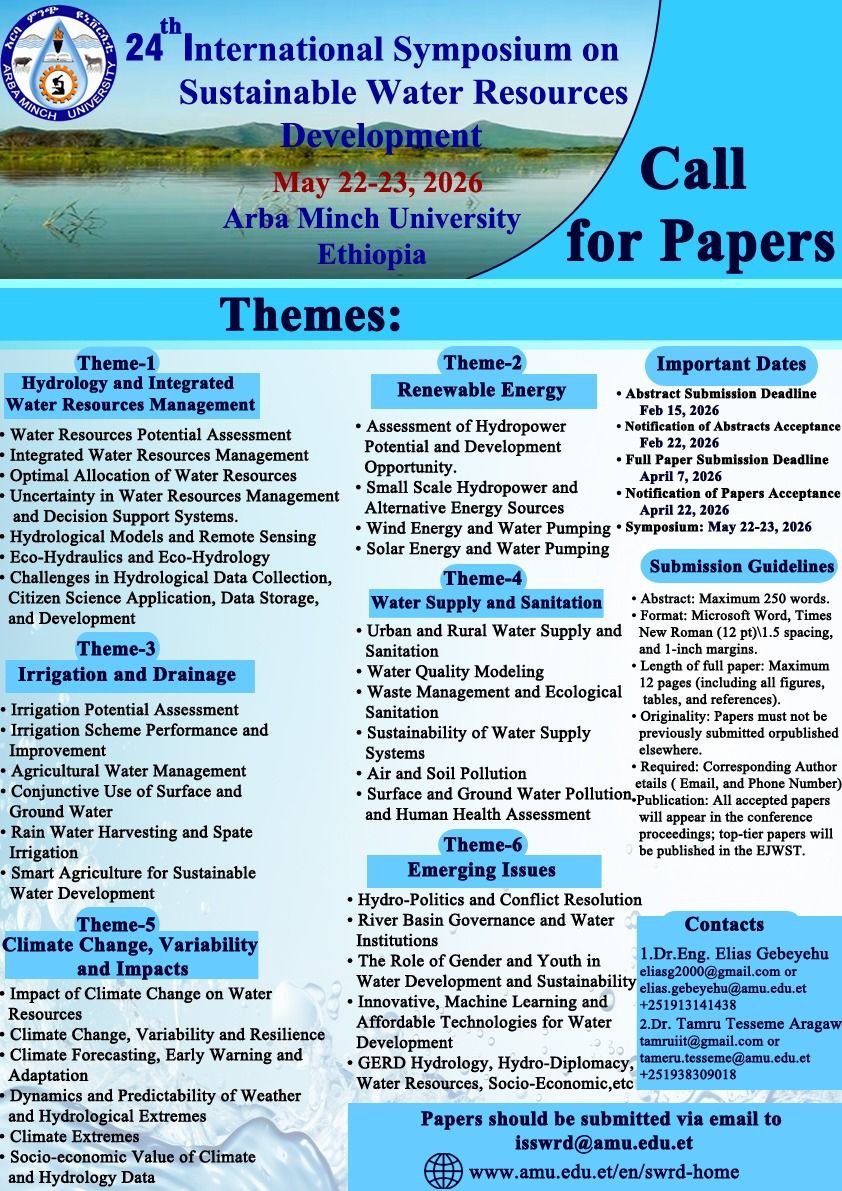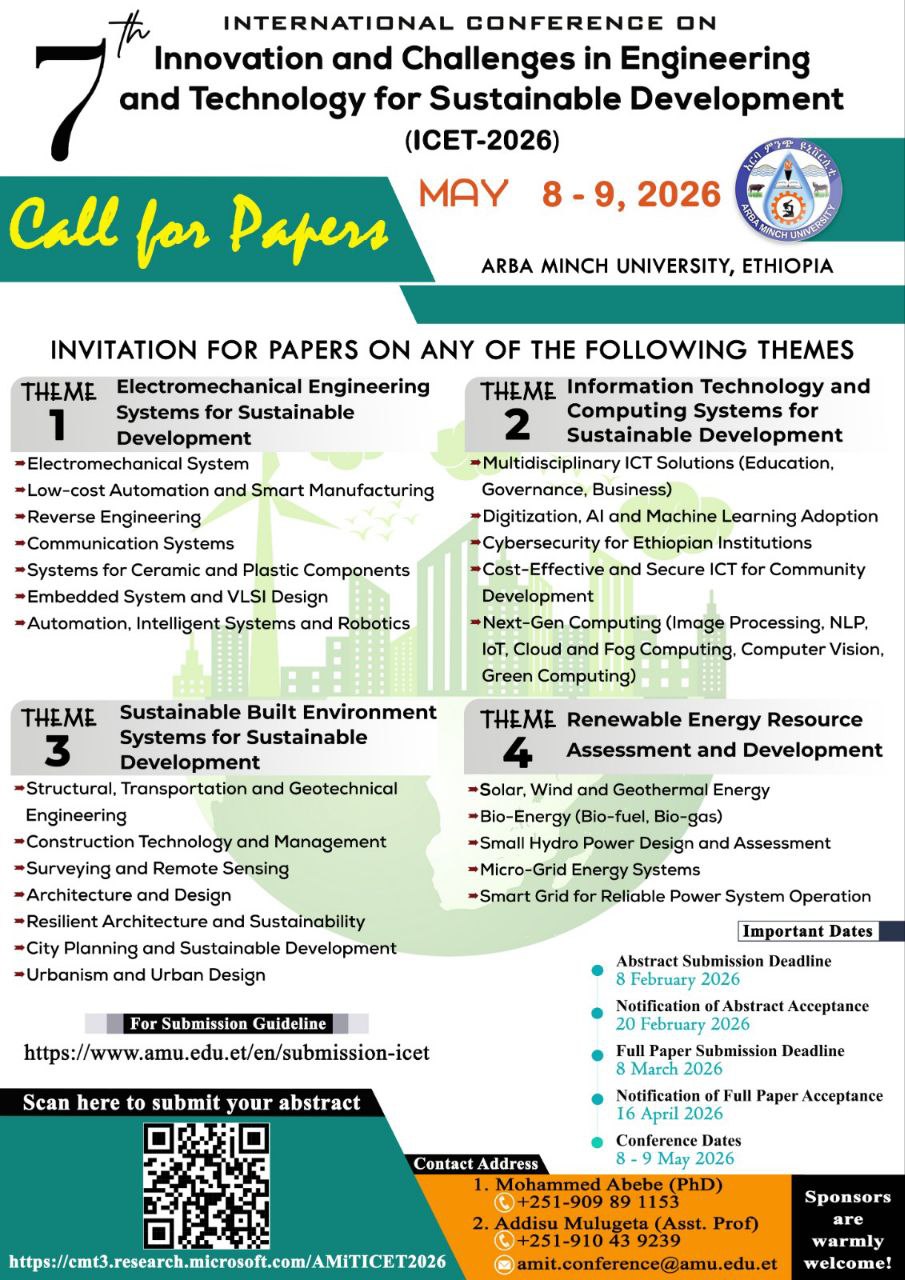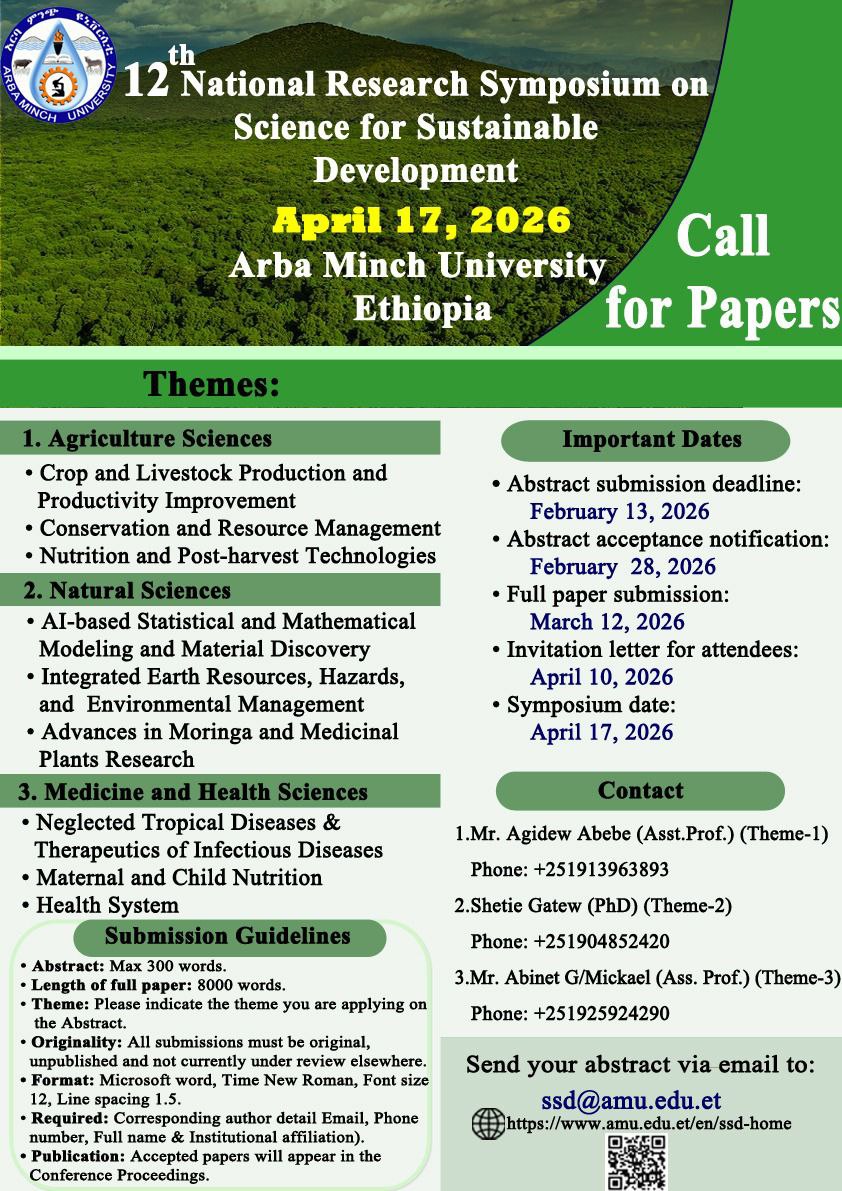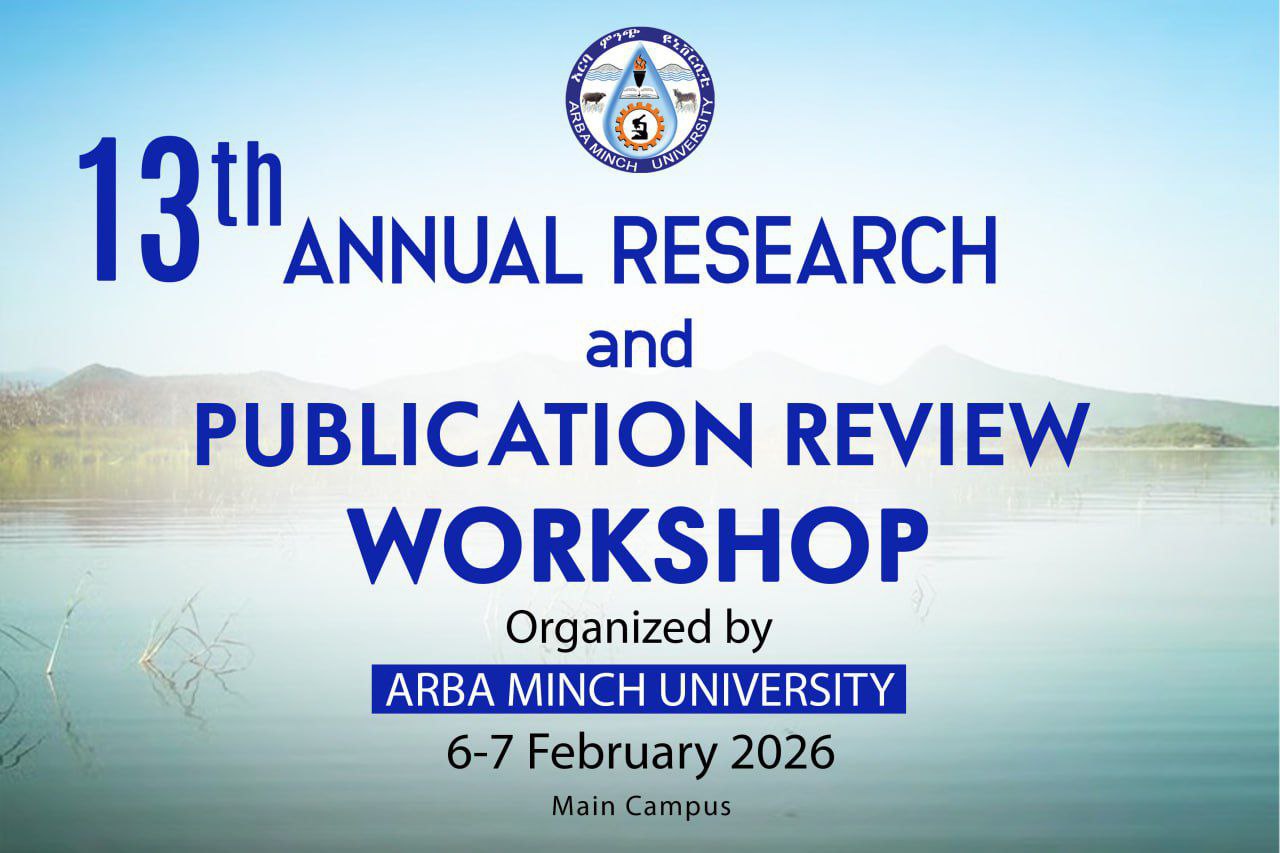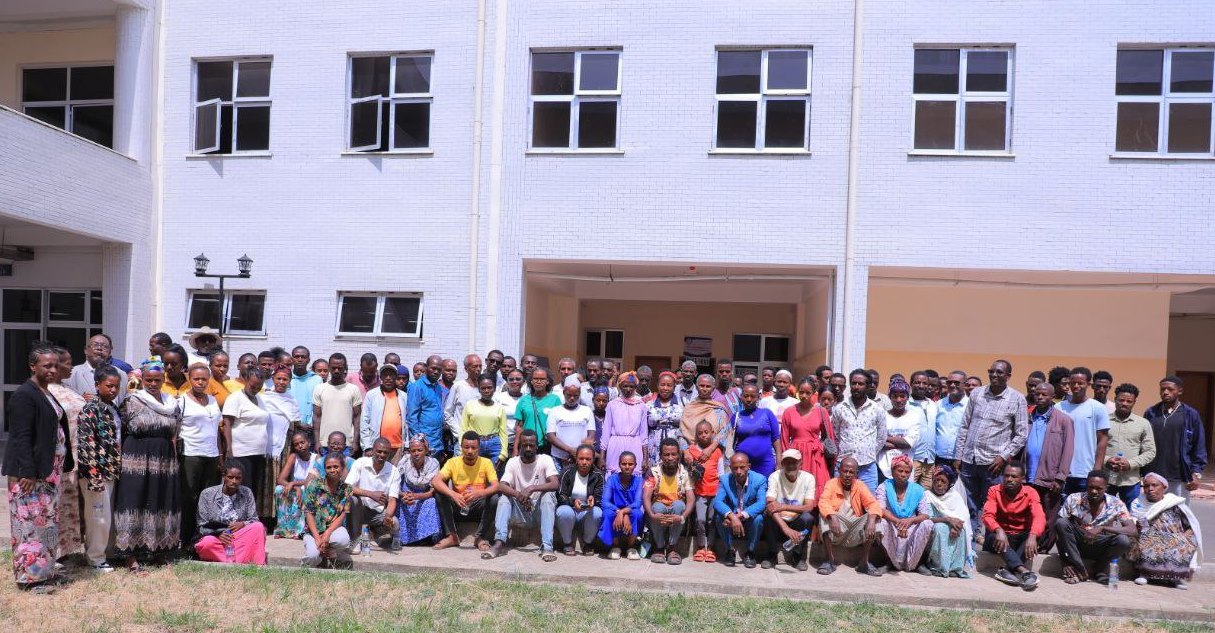Arba Minch University (AMU), in collaboration with the Menzies School of Health Research in Australia and Arba Minch General Hospital, has officially released the findings of a major international clinical study titled “Effectiveness of Novel Approaches to Radical Cure with Tafenoquine and Primaquine – A Randomized Controlled Trial in P. Vivax Patients.” The study, conducted in Ethiopia, Indonesia, Cambodia, and Pakistan, evaluated new strategies to radically cure Plasmodium vivax malaria, a type known for recurring relapses due to dormant parasites in the liver. The findings were announced on June 3, 2025, during a dissemination event held in Arba Minch for study participants, including former patients.Click here to see more photos.
Speaking at the event, Dr. Zerihun Zerdo, Studies and research Corporate Director and delegate for the CED at AMU’s College of Medicine and Health Sciences, emphasized that the research reflects the university’s dedication to solving real-world public health problems. He noted that the institution is actively engaging in community-oriented interventions grounded in scientific evidence and highlighted the value of sharing such findings with the affected communities themselves. He also noted that the findings of this research is a breakthrough in providing evidence for policy makers in the treatment of p. Vivax malaria.
Lead investigator Dr. Tamiru Shibiru, an Internist at AMU, explained that P. vivax malaria poses a unique challenge because the parasite can remain hidden in the liver for extended periods and reappear unpredictably. As such, treatment must not only address the parasite present in the blood but also eliminate the hypnozoite in the liver. He noted that the conventional regimen in Ethiopia—a 14-day course of low-dose Primaquine—has limitations in patient adherence and effectiveness.
Dr. Tamiru outlined that the study enrolled 960 participants across the four countries, including 350 from Ethiopia. Three treatment strategies were compared: the current 14-day low-dose Primaquine, a 7-day high-dose Primaquine, and a single-dose Tafenoquine. The study was conducted exclusively among patients with normal G6PD levels. According to him, the findings were compelling.
Across all participating countries, the cumulative risk of recurrence in six months for patients treated with the 14-day Primaquine was found to be 18.5%, while those who received the 7-day high-dose Primaquine had a lower relapse rate of 13%. The single-dose Tafenoquine showed the most favorable result, with only 12.6% of patients experiencing a recurrence of the disease. Looking into Ethiopian results, the risk of recurrence in six months for the 14-day group stood at 27.3%, compared to 18.4% for the 7-day group, and just 14% for those treated with single dose Tafenoquine.
These findings clearly demonstrate that both the 7-day high-dose Primaquine and the single-dose Tafenoquine regimens are more effective than the current 14-day standard of care. Dr. Tamiru emphasized that, beyond their superior efficacy, these shorter regimens offer important practical advantages by addressing challenges related to poor patient adherence. Notably, both treatments were well tolerated, with no significant increase in adverse effects observed, reinforcing their potential for wider implementation in real-world settings. These findings are highly relevant for policymakers, particularly as Ethiopia and other malaria-endemic countries work toward national elimination targets.
One of the study participants expressed satisfaction with taking part in the trial, noting that they had completed the 7-day treatment course and undergone regular follow-up. A year after treatment, they had not experienced any recurrence of symptoms — further reinforcing the observed effectiveness of the new regimen.
Dr. Tamiru extended his appreciation to all study participants, research staff, local health professionals, AMU, Arba Minch General Hospital and Professor Kamala Thriemer, who is the scientific lead for the international project.
For more Information Follow us on:-
Website - https://www.amu.edu.et/
Telegram - https://t.me/arbaminch_university
Facebook - https://www.facebook.com/ArbaMinchUniversityccd/
YouTube - https://www.youtube.com/channel/UCOO_nclhMo8M3r74OyPBlVA
Public and International Relations Executive


